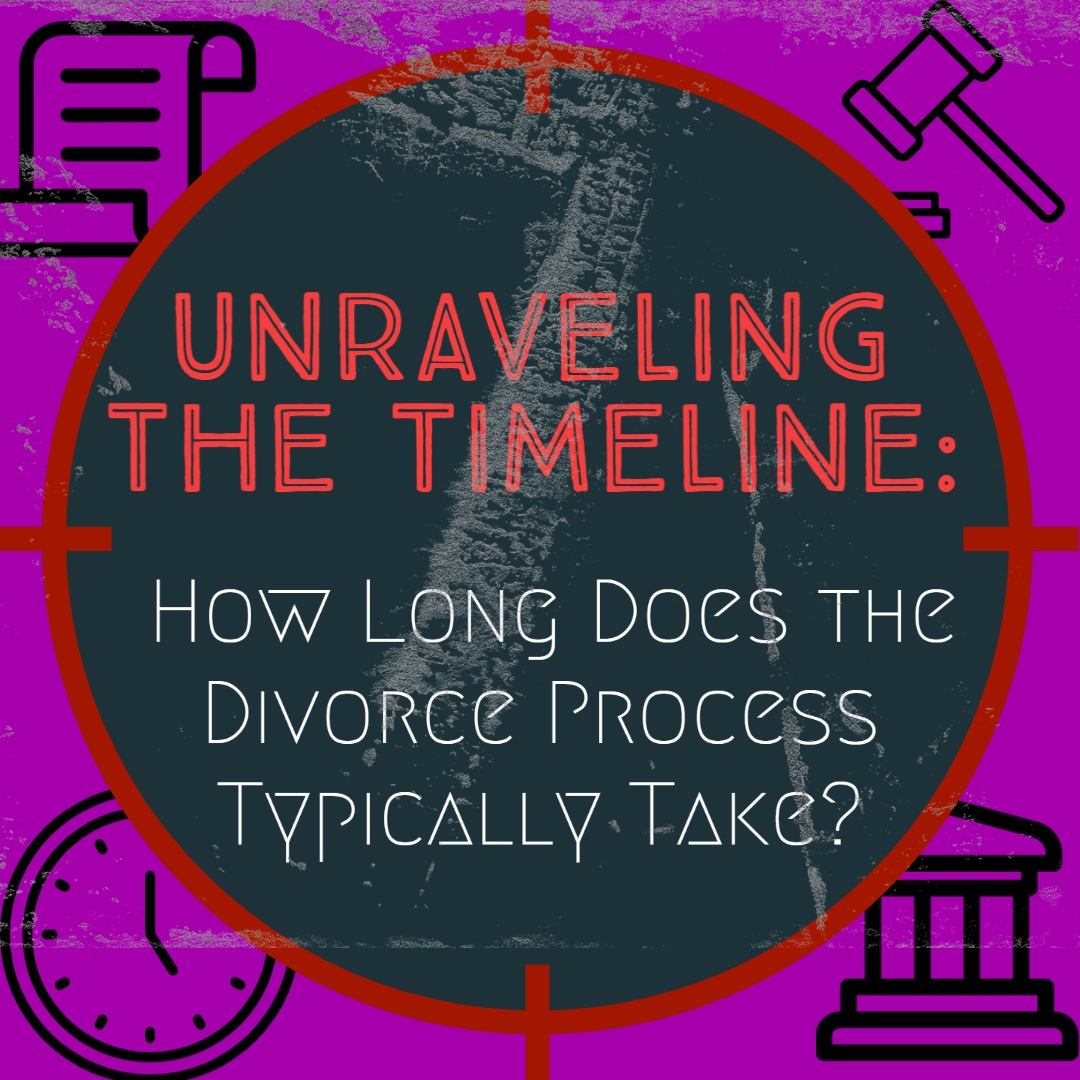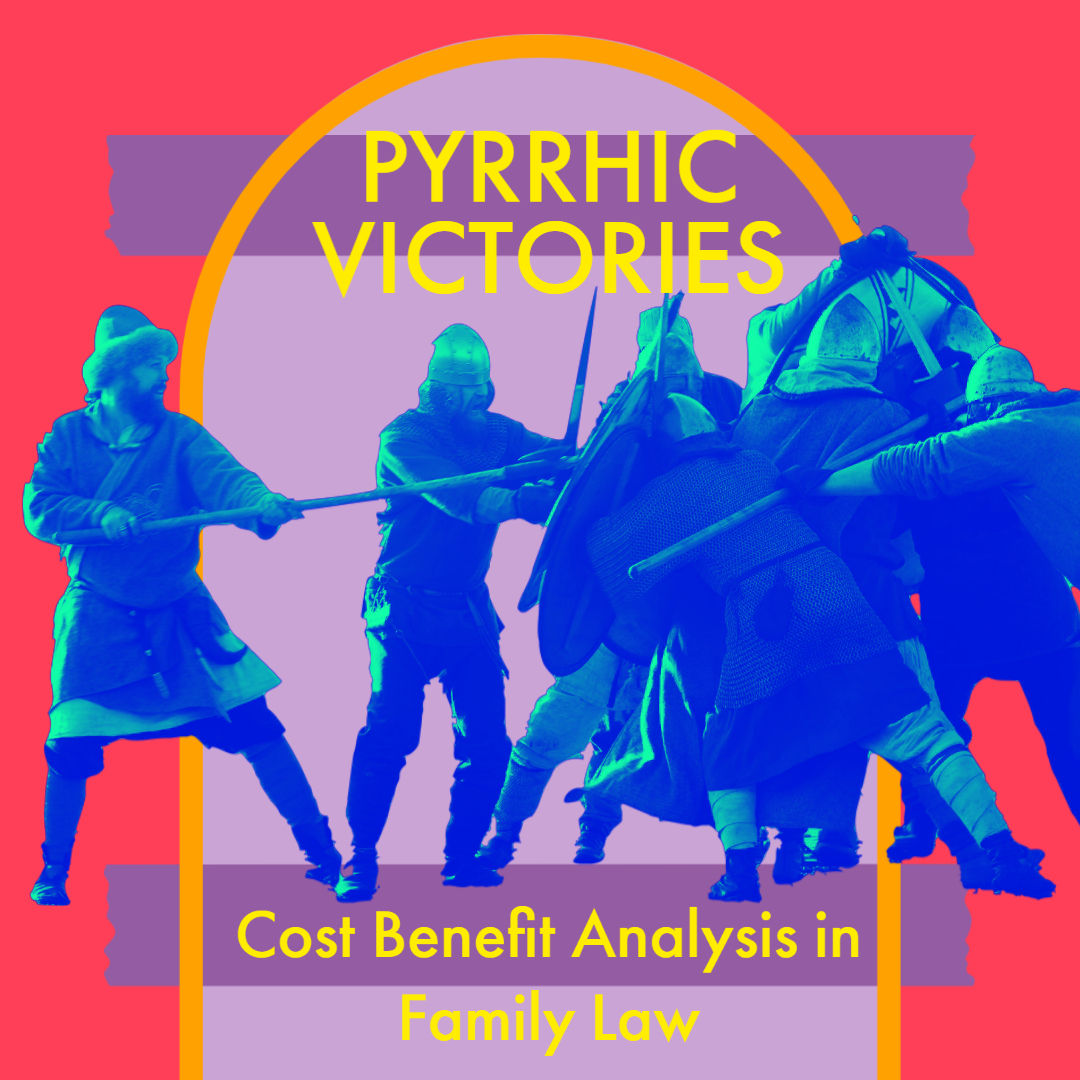Many times the leading cause that brings someone into my office to discuss a potential divorce is because of financial stressors in their relationship; especially when only one spouse is employed. New York City continues to be the most expensive city in the US to live. Having dual incomes is no longer a luxury but a necessity.
There are a variety of reasons why a spouse may not be working, but regardless why, the financial strain on the household can lead towards a complete breakdown in the marriage.
So, will the court compel your spouse to seek employment in a New York divorce proceeding? The answer is not really, but the court can hold a spouse to a higher income which in turn could lead that spouse to seek gainful employment. This process is called imputation and it requires a nuanced understanding of New York divorce law.
The real question to ask is why do you want your spouse to get a job? Is the issue that certain bills are not getting paid, or is it that child support or alimony is not enough or too high? Instead of ordering your spouse to seek employment, the Judge can use various methods to impute income to a voluntarily unemployed spouse, on a case-by-case basis.
In the realm of child support and alimony calculations, the court may resort to imputing income when one spouse appears to be voluntarily unemployed or underemployed. This process involves attributing potential income to the unemployed spouse based on factors such as their employment history, future earning capacity, educational background, or even money received from friends and relatives. By doing so, the court aims to ensure fairness in financial obligations.
However, the methods employed for imputing income can vary significantly from one case to another, and must be supported by the record. Judges carefully assess the circumstances and documentation of each party involved, considering factors like employability, efforts to secure employment, and the presence of any impediments such as health issues or childcare responsibilities. This personalized approach ensures that the imputation of income remains equitable and just.
If the issue is massive credit card debt, a divorce attorney may be able to address this issue head-on, allocating the debt on a temporary basis, as opposed to forcing a spouse back to work. Divorces involve addressing the financial responsibilities of both parties involved. For this reason, while the problem may have arisen because a spouse’s unemployment, resolution may require a more in-depth understanding of the parties’ assets and debts.
Navigating the complexities of imputing income and debt allocation in a divorce requires a thorough understanding of New York’s legal landscape. While the court may indeed hold a spouse to higher income, the decision is meticulously tailored to the specifics of each case. Ultimately, the overarching aim remains the equitable distribution of financial responsibilities post-divorce, fostering a sense of fairness and stability for all parties involved.
**This post contains attorney advertising. Prior results do not guarantee a similar outcome. **
If you need a Family Law attorney, contact Stephan F. Shattuck, Esq. Call (646) 543-3391 or click here to schedule yourself online for a consultation.






